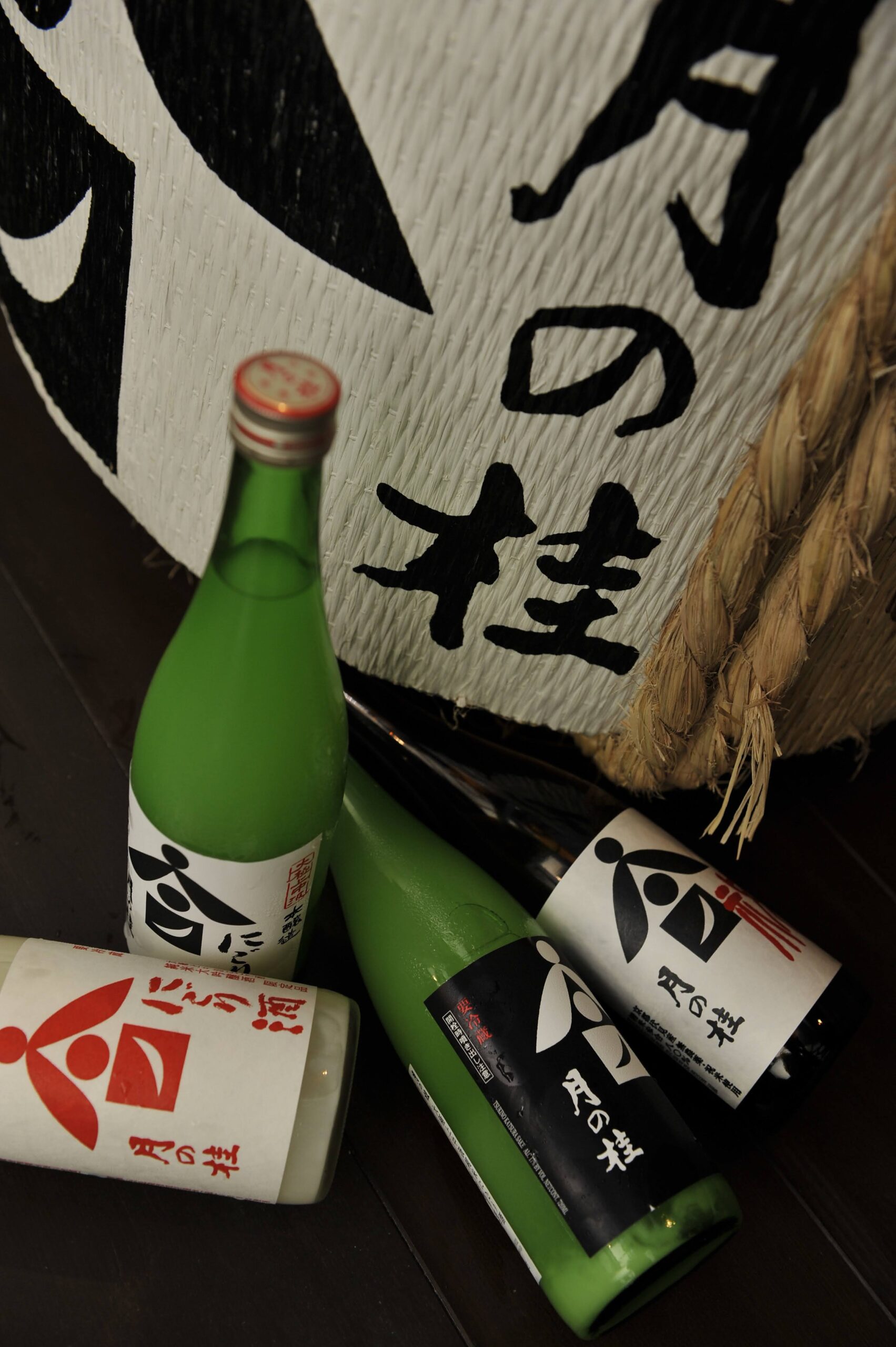Nigori Sake is a special kind of Sake among Japanese Sake, and is favored by many people due to its special texture. In the first part of this article, we are going to give you a very detailed introduction on the brew process on Japanese Sake and Nigori Sake.
Generally speaking, alcohol can be classified into brewed liquor, distilled liquor and mixed liquor. Same as wine, Sake is recognized as brewed liquor, which is normally made by fermenting raw materials with yeast. However, the process is different from wine, the Sake brewing is a more complicated method than beer and wine, below is a general process for Sake production.
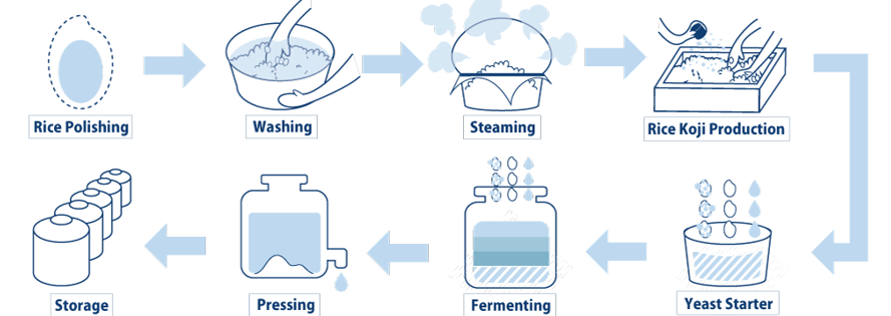
Since the raw material rice does not contain sugar, the first step is to realize the saccharification of sediment contained in rice and the second step is to make the fermentation of alcohol being carried out at the same time of saccharification in the same container. Such brewing method is called parallel double fermentation and this is peculiar to East Asia. By performing parallel double fermentation, it can boast the highest alcohol content of any brewed liquors in the world, and this is a remarkable technical featured in Sake brewing.
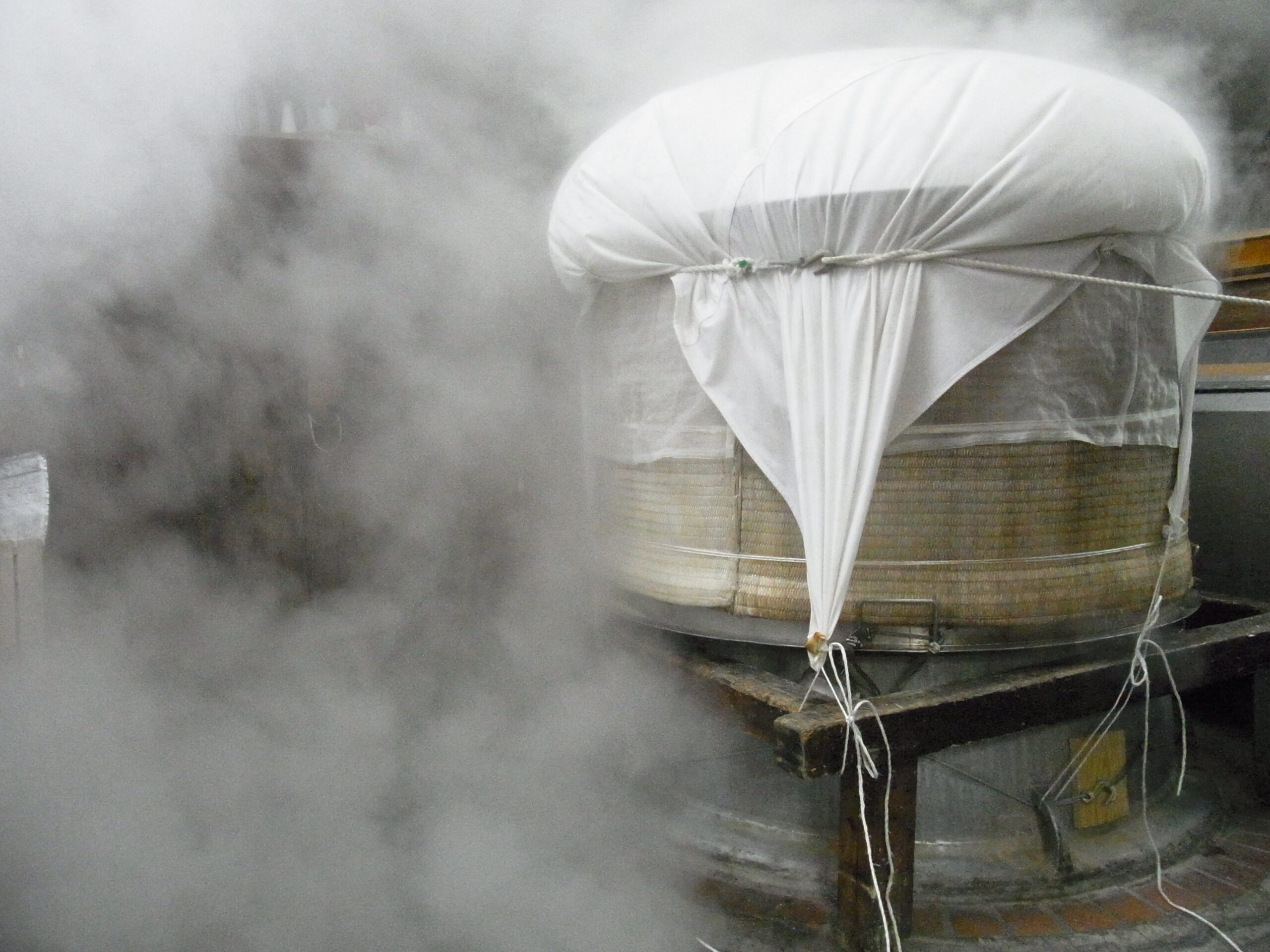
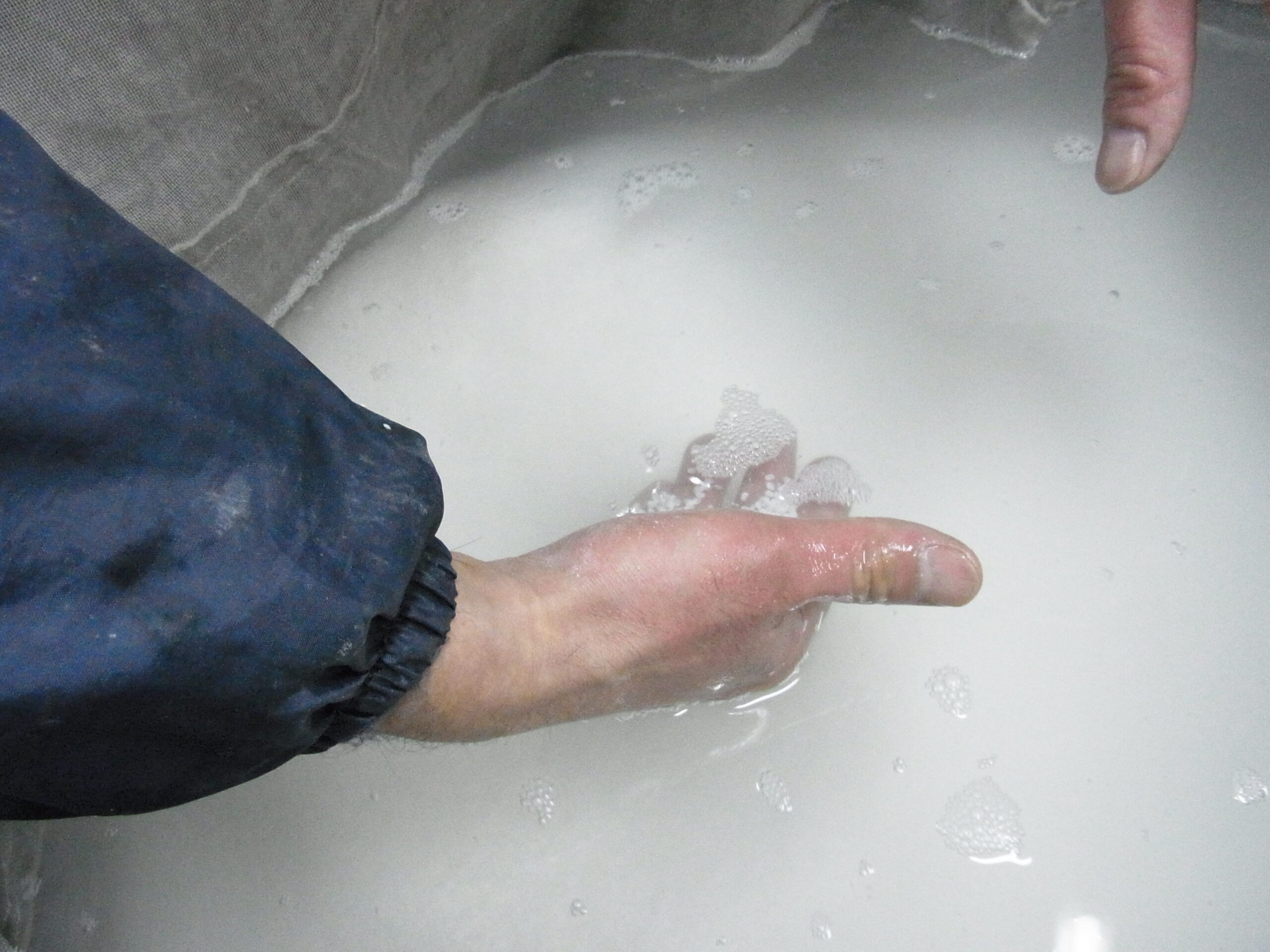
Japanese Sake is made by steaming rice after polishing, washing and soaking. Steamed rice is used in making koji, yeast mash, moromi, which is raw unrefined Sake. By putting moromi into a Sake bag, squeezing the bag with pressure, and then separating the Sake lees and liquid. The liquid is the original form of Sake, after the filter process, liquid becomes clear and it forms the ordinary Japanese Sake. Nigori Sake is made by using rough Sake bag, it will remain amounts of sediment in the liquid in separating from Sake lees. Then the sediment will turn to the cloudy status and the liquid becomes “Nigori Sake”.
Below is a detailed chart of Sake production.

There are about 20 types of Amino acids contained in Sake. Lysine, tryptophan, isoleucine, leucine and histidine are essential amino acids and cannot be generated by our body itself. Alanine is needed during exercise. Arginine, tyrosine and serin can adjust the function of internal section and circulatory system, and stimulate secretion of growth hormone. Glutamic acid can maintain immune function and retain digestive organs.
Sake has a charm point which cannot be found in the distilled liquor nor the same brewed liquor, wine. This is “Umami”. Compared with beer and wine, the content of Amino acid, which is the main Umami ingredients exits 80% in Sake, while in wine and beer it is only 10% and 30% respectively. Sake, especially Koji, which is the main component of the sediment in Nigori Sake contains the richest Amino acids and Vitamins. This makes Nigori Sake more appealing than other Sake as amino acid is necessary for human body.
The amino acids that consisted in the human body can help increase the production of immune cells. By strengthening their functions, it is very helpful to enhance immunity and build a body that is less susceptible to disease. Especially the three amino acids, glutamine, arginine and histidine can help to restore the immune system which tends to collapse. It is said that almost 20% of human body are made from amino acid.
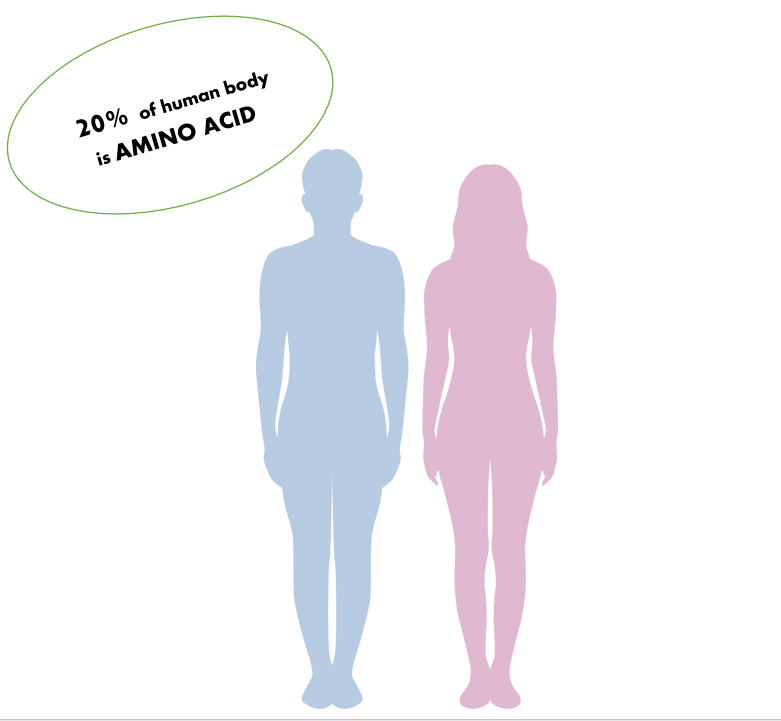
In terms of taste, Nigori Sake has a thick and lactic acid feeling, it can coat the spice stimulus on the tongue and remove the fat with acid. Although due to the second time fermentation within the bottle, it’s hard to control the quality of Nigori Sake. But Nigori Sake can pair well with sour and spicy dishes since it has carbonic acid taste as well as the sweet and fruity taste thanks to the second fermentation.
Beer and wine have lots of charm points, but sake also has many interesting features.
So why don’t you dive into the world of Sake?
